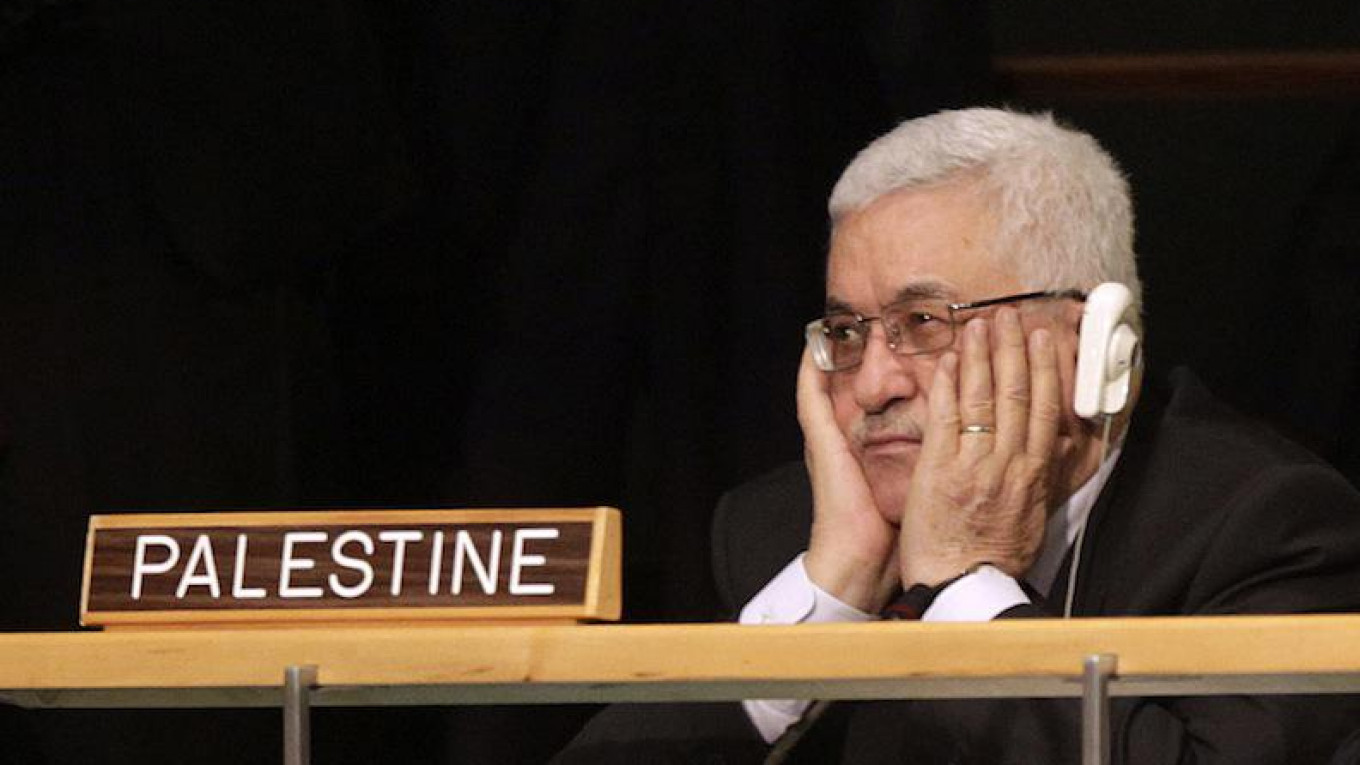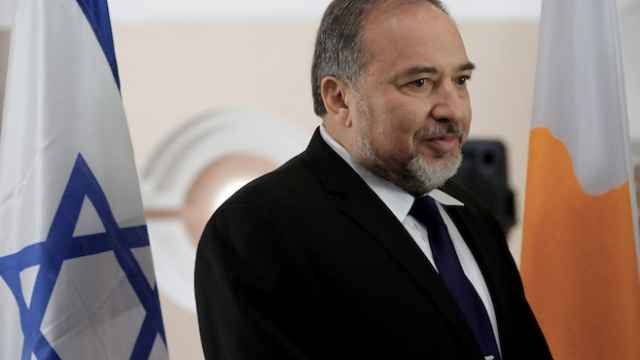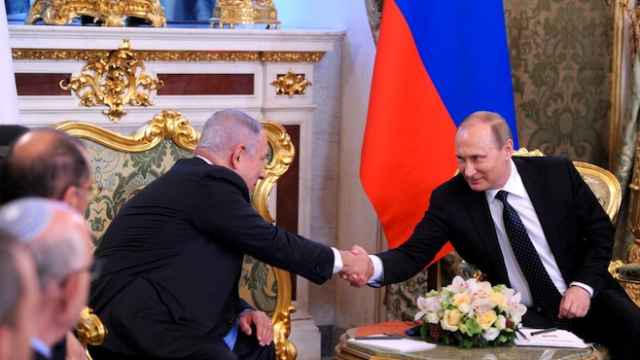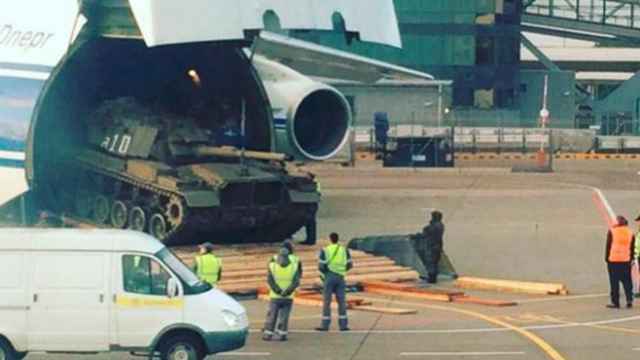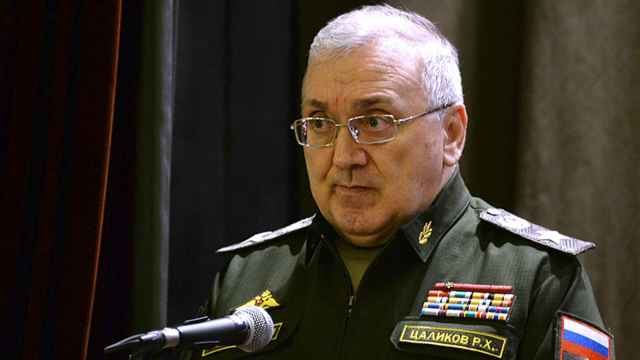Palestinian Authority President Mahmoud Abbas may have been a KGB agent, the New York Times newspaper reported Wednesday.
A 1983 document from a British archive makes one reference to Abbas, identifying him by the code name “Mole” and “KGB agent.” The document provides no information on how, where or when he was recruited by the Soviet intelligence agency.
The document's emergence coincides with a Russian attempt to broker new peace talks between Israel and Palestine. A Russian envoy met with Israeli Prime Minister Benyamin Netanyahu in Jerusalem this week.
Two researchers at the Truman Institute at Jerusalem’s Hebrew University — Gideon Remez and Isabella Ginor — discovered the document and disclosed it to Israeli television. They believe that Abbas and Putin's past work with the KGB could be significant in attempts to arrange an Israeli-Palestinian summit.
Putin served in the KGB between 1975 and 1991, rising to the rank of lieutenant colonel.
Remez said that they are not attempting to sabotage potential talks. However, their distrust of Russian involvement was the main reason for the timing of their public disclosure, the New York Times reported.
After Israeli media reported on the document, Palestinian officials quickly dismissed it as an attempt to slander their leader. They have also pointed out that the Palestine Liberation Movement actively cooperated with the U.S.S.R. and that Abbas was in contact with Moscow in his role as leader of the Palestinian-Soviet friendship foundation.
The document naming Abbas is one of thousands handed over to British intelligence by former KGB archivist Vasily Mitrokhin.
Mitrokhin, disillusioned with Soviet repression, painstakingly copied the KGB documents by hand over many years, turning them over to Britain after the fall of the Soviet Union. The documents form a valuable resource for analysts and historians known as the Mitrokhin archive.
A Message from The Moscow Times:
Dear readers,
We are facing unprecedented challenges. Russia's Prosecutor General's Office has designated The Moscow Times as an "undesirable" organization, criminalizing our work and putting our staff at risk of prosecution. This follows our earlier unjust labeling as a "foreign agent."
These actions are direct attempts to silence independent journalism in Russia. The authorities claim our work "discredits the decisions of the Russian leadership." We see things differently: we strive to provide accurate, unbiased reporting on Russia.
We, the journalists of The Moscow Times, refuse to be silenced. But to continue our work, we need your help.
Your support, no matter how small, makes a world of difference. If you can, please support us monthly starting from just $2. It's quick to set up, and every contribution makes a significant impact.
By supporting The Moscow Times, you're defending open, independent journalism in the face of repression. Thank you for standing with us.
Remind me later.


